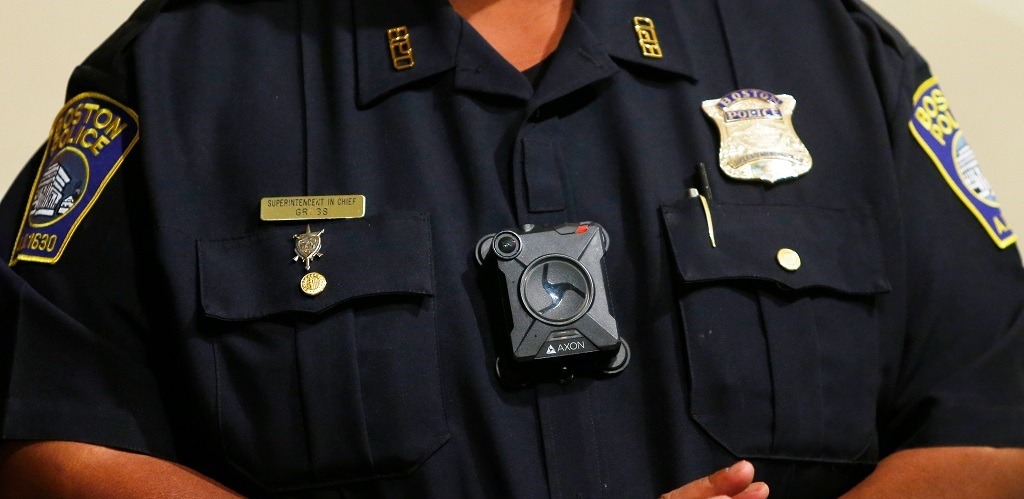Body cameras are important for police officers because they allow them to record video evidence. This can help them to prove their innocence in court if they are accused of misconduct or violence by a crime victim or witness.
They Can Be Used As Evidence.
Body cameras can be used as court evidence, protecting police officers from false accusations or allegations of misconduct or abuse. They can also help speed up court proceedings by providing indisputable proof of situations. Some communities believe that body cameras can be used to improve policing practices and build trust with the public. They can also help reduce the number of complaints against officers and encourage people to come forward to report wrongdoing. However, it’s important to note that body cameras can be a privacy risk for civilians. Some people may feel uncomfortable with being constantly filmed, especially in sensitive situations such as domestic violence or burglary calls.
They Can Be Used To Investigate Crimes.
The use of body cameras helps police departments investigate claims of officer misconduct or abuse by providing video footage of the incident. This can also help them identify suspects and victims. This can speed up investigations and reduce the time spent on court proceedings. According to a research report, police officers who wear body cameras like the Watchguard body camera feel more empowered and safe on duty. Officers who wear cameras are also less likely to file complaints against colleagues. In addition, the cameras can improve policing by allowing officers to document what happened during an encounter.
However, these devices’ effectiveness largely depends on how they are used. Some jurisdictions allow officers to turn their cameras off at any time, which can undermine the accountability purposes of these devices. Furthermore, the amount of data that can be stored in a body camera varies significantly between models.
They Can Be Used To Train Officers.
Among other things, body cameras can be used to train officers. They can show how officers should interact with citizens and what they should not do. They can also be used to demonstrate how officers handle high-stress situations. This can help officers better understand their policies and learn from each other’s mistakes. However, more research is needed into whether these devices impact police behavior and accountability. Especially since many of these videos will be accessible to the public through public records laws, which may not have the intended effect, it is also unclear how much these devices will affect private property owners’ search and seizure rights.
They Can Be Used To Protect Officers.
Body cameras can be a great tool for law enforcement to protect themselves from claims of abuse and misconduct. They can also help make their public interactions more transparent and fair. While police departments have often hesitated to implement body cameras because of fears of losing credibility, they can provide valuable information to improve policing practices. Many police officials have reported that body camera footage has helped them identify problems within their agencies, leading to improved training and internal policies.
The laws regarding how long video and audio evidence recorded with a body camera should be stored will vary from state to state. However, much more research is needed to understand how body cameras impact the broader accountability structures of a police department, such as supervision, mentorship, and training. It is important that body camera data is not available for fishing expeditions and that events not relevant to police accountability inquiries should be restricted from being disclosed under local public records laws.




